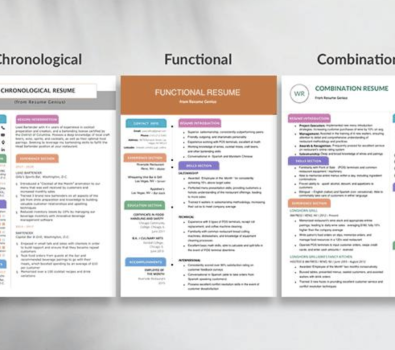Repaying a cash loan in VA is the act of returning borrowed money to the lender and is mostly difficult for many lenders. Repayment is done through a series of scheduled payments, also known as EMIs, which include principal and interest.
A loan is money you receive from a bank or financial institution in exchange for an obligation to repay the principal with interest. Because lenders take on the risk of possible default, they charge a fee to compensate for that risk—and that fee is called interest which has to be paid with the principal amount. Loans are usually secured or unsecured. In a secured loan, you have to pledge collateral to get the loan. So, if you default on the loan, the lender has the right to take over the property that was pledged as collateral.
An unsecured loan does not require collateral. If you default on an unsecured loan, the lender has no right to take anything in return. Common types of loans that people take include home loans, car loans, personal loans, Cash Loans in VA, education loans, business loans, personal lines of credit, debt consolidation loans, etc.
Why is loan repayment important?
Loan repayment should be taken seriously as it not only reduces your loan liability and accrued interest, but also reflects on your credit history. The immediate financial impact would be anywhere from a higher interest rate (for missed repayments) to bankruptcy (in case of full default). There is also a long-term impact on your credit health, which is reflected in your credit history.
How can paying off a loan affect your credit health?
Your credit health determines how you will fare as a credit user. Several factors contribute to the health of your credit card. The most notable of these are your credit utilization ratio and your repayment history. A positive repayment history is indicated if you have always paid on time and never missed a single payment. Some borrowers do not realize that their credit history with one bank is visible to all other banks through their credit report. Credit bureaus like CIBIL in India compile such data from various sources and make it available to banks on demand in the form of a credit report and credit score. In this way, banks are able to check the borrower’s credit status before approving the loan.
If you have an unfavorable repayment history, it makes you a risky customer for banks. In turn, they may choose to reject your loan application for cash loans in VA or charge a higher interest rate; due to the perceived risk that the loan amount will be repaid on time.
Conclusion
Now you know how irregular payments can have an adverse effect on the health of your credit. On the other hand, making timely repayments gives you a chance to build a good credit history and also improve your ailing credit health. Repayment of the loan can cause unnecessary complications in the future if handled carelessly. If you are hoping to build a good credit history from scratch or wish to improve your credit score, make all your future payments regularly and on time.



